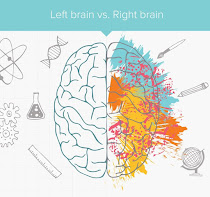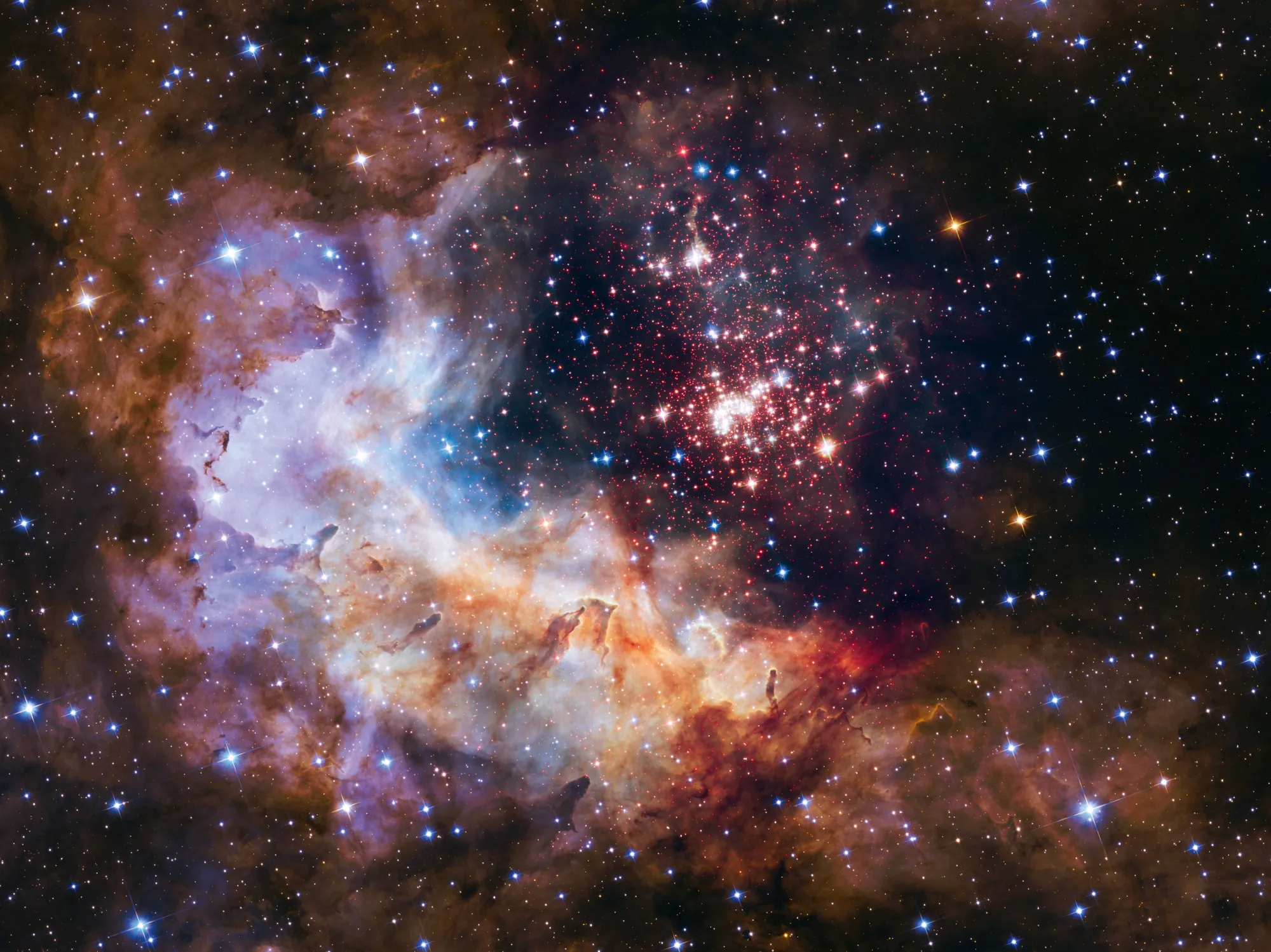Week 1 - Two Cultures
Growing up, I understood the complications of existing between two separate cultures. At home, I embraced my Latino heritage, but elsewhere I exulted my American culture. Yet after years of conflict, I recognized that finding a balance between my cultures was essential to better my state-of-mind and understand the world at hand.
 |
| Image of UCLA's campus |
After reading C. P. Snow’s “The Two Cultures and the Scientific Revolution,” I realize that I’m once again polarized between two cultures, which Snow distinguishes as scientists and literary intellectuals. Separated by miscommunications and stereotypes, Snow espouses that universities are large factors that propagate distinction between the two disciplines. Indeed, I've observed such separation at UCLA. For instance, after choosing a major, most of one’s studying centers around that particular topic. Hence, as a biology major, most of my requisites surround developing STEM-based knowledge; the UCLA campus itself also physically furthers distinction between the two curriculums as humanities classes are found in the North of campus whilst STEM classes are found South.
 |
| Image of the supposed "Left brain / Right brain" concept; |
Now that I recognize this polarity, I find it imperative that there’s communication and reconciliation of this bicultural state. Primarily, it’s important to note that despite the fissure between the two cultures, they’re quite similar. In his article, Bohm indicates that scientists and artists are linked in that they “feel a fundamental need to discover and create something new that is full and total, harmonious and beautiful” (3). Hence, interconnection is a real and possible reality between these disciplines. Moreover, it is arguably a necessary reality to furthering the world’s state. Snow argues that intercommunication between them can aid social dilemmas like the gap between the rich and poor. Further, a transdisciplinary path is the key to further understanding both disciplines. More artists are engaging with technology and science in their work, as Stephen Wilson suggests. In her article, however, Vesna mentions how scientists, too, can benefit. For instance, the universe itself is primarily an unknown, abstract entity, and perhaps the logistic manner in which traditional “scientists” perceive it is lacking -- thus, scientists and I myself should begin to embrace artistry in science by usurping traditional stereotypes of the cultures, and fixing the systems that perpetuate them.
 |
| Image of the universe WORKS CITED |
Bohm, David. “On Creativity.” Leonardo, vol. 1, no. 2, 2007, pp. 137–149., doi:10.4324/9780203822913.
Graham-Rowe, Duncan. “John Brockman: Matchmaking with Science and Art.” Wired, Mar. 2011.
Kluger, Jeffrey. "Unveiling the Universe." Time, https://time.com/universe-space-photos/.
Pietrangelo, Ann. "Left Brain vs. Right Brain: What Does This Mean for Me?" Healthline, 7 Mar. 2019, https://www.easybib.com/guides/citation-guides/mla-format/how-to-cite-a-photo-digital-image-mla/.
Snow, C. P. Two Cultures and the Scientific Revolution. New York: Cambridge University Press, 1961.
"UCLA Campus Map." Avenza Maps, Aug. 2015, https://www.avenzamaps.com/maps/198404/ucla-campus-map.
Vesna, Victoria. “Toward a Third Culture: Being In Between.” Leonardo, vol. 34, no. 2, 2001, pp. 121–125., doi:10.1162/002409401750184672.
Wilson, Stephen. “Myths and Confusions in Thinking about Art/Science/Technology.” College Art Association Meetings, New York, New York, 2000.
Hi Antonia. Very interesting and thought-provoking post. I think it's great that you extended this notion of Two Cultures into your personal life--your heritage. I agree with your statement regarding finding a balance between cultures, in that I also realized at an early age how difficult it was to identify with a certain culture or another when around certain people. I realized one is judged regardless by others, oftentimes without even knowing someone. I like that you have come to terms with the idea that perhaps interconnecting, and maybe even intertwining, two or more disciplines can lead to the betterment of the world. I hope this can be realized and accepted by all, in order for us to accomplish new discoveries or gain insight into the unknown.
ReplyDelete